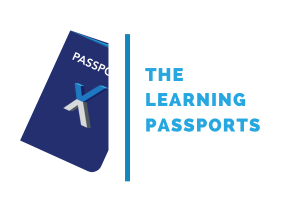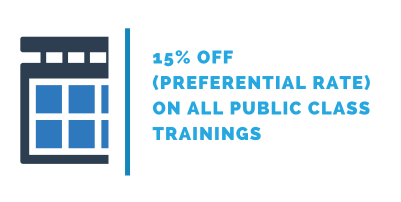
Microsoft Certified: Azure Data Engineer Associate (DP203)

In this four-day Microsoft Azure Data Engineer training, students will learn about the data engineering patterns and practices as it pertains to working with batch and real-time analytical solutions using Azure data platform technologies. Students will begin by understanding the core compute and storage technologies that are used to build an analytical solution. They will then explore how to design an analytical serving layers and focus on data engineering considerations for working with source files. The students will learn how to interactively explore data stored in files in a data lake. They will learn the various ingestion techniques that can be used to load data using the Apache Spark capability found in Azure Synapse Analytics or Azure Databricks, or how to ingest using Azure Data Factory or Azure Synapse pipelines. The students will also learn the various ways they can transform the data using the same technologies that is used to ingest data. The student will spend time on the course learning how to monitor and analyze the performance of analytical system so that they can optimize the performance of data loads, or queries that are issued against the systems. They will understand the importance of implementing security to ensure that the data is protected at rest or in transit. The student will then show how the data in an analytical system can be used to create dashboards, or build predictive models in Azure Synapse Analytics.
This training is a comprehensive preparation for the DP-203: Data Engineering on Microsoft Azure exam to earn the Microsoft Certified: Azure Data Engineer Associate certification.

Public class
2495$
Duration:
4 days / 28 hours
Private class
Virtual class
5
4 days / 28 hours
Price on request
English or French
Contact us for more information on pricing::
Eccentrix
Office: 1-888-718-9732
E-mail: info@eccentrix.ca
130, King Street West, Suite 1800
Toronto, Ontario M5X 1E3
www.eccentrix.ca







